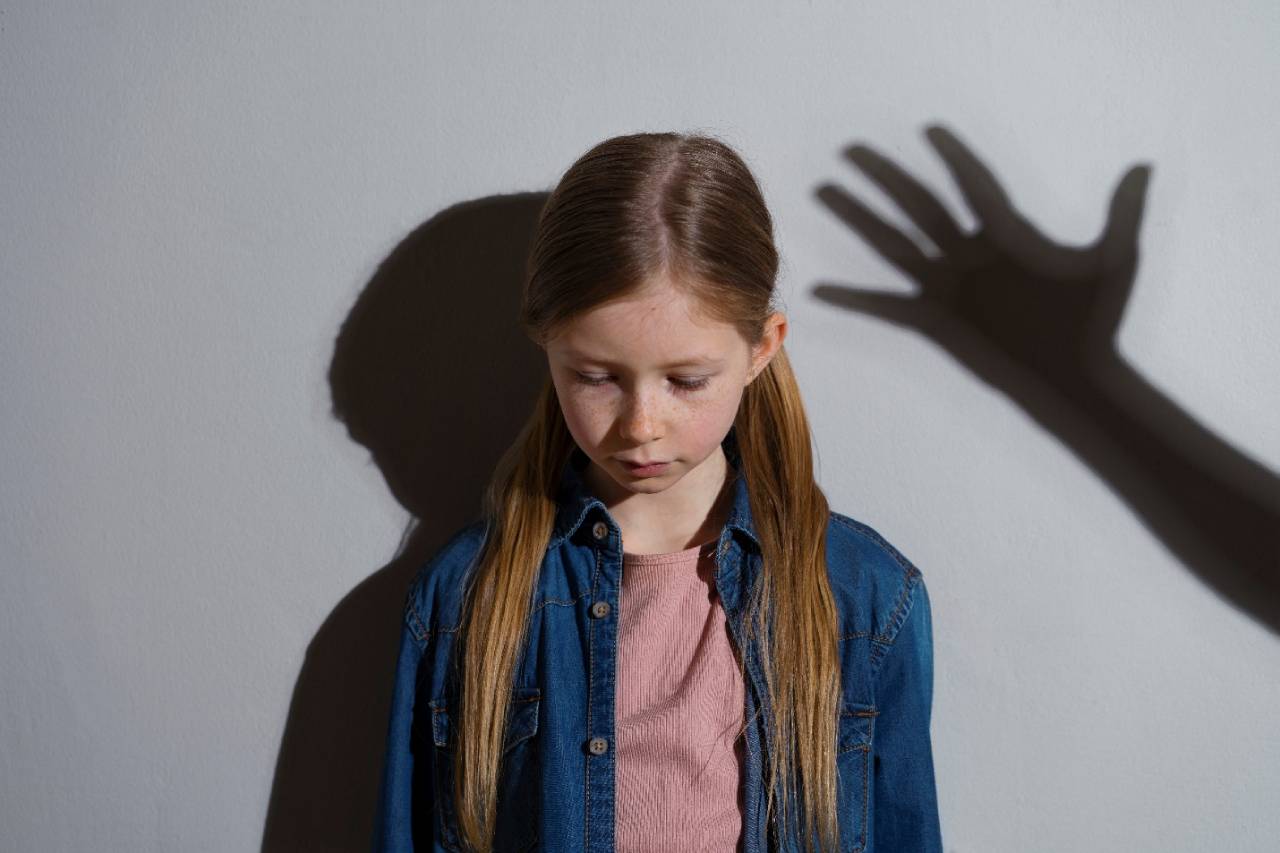Chicago, a city of nearly 2.7 million people, is a cultural and economic powerhouse in the Midwest. Its economy thrives on diverse industries, including finance, healthcare, and manufacturing, making it a bustling hub of activity.
Yet, beneath the surface of this vibrant metropolis, some individuals face unimaginable pain and injustice. There have been multiple child molestation allegations that warrant immediate attention.
Victims may find it overwhelming to fight for their rights, but legal avenues exist to pursue accountability and compensation. In this article, we will explore how victims can stand up for their rights.
Knowing Your Rights
Victims of clergy abuse in Chicago have specific legal rights designed to help them seek justice and hold abusers accountable. Illinois law recognizes the severe nature of these crimes and provides avenues for victims to pursue civil and criminal actions.
Civil lawsuits can result in compensation for damages, including emotional trauma, medical expenses, and other related costs. Moreover, criminal cases can lead to the prosecution of the offending clergy members.
It’s important to know you have the right to pursue a claim, even if the abuse occurred years ago. Recent changes in Illinois law have extended the statute of limitations for cases involving child molestation allegations, allowing victims more time to come forward. Seeking legal help is the first step in understanding how these laws apply to your situation.
Collect Evidence and Documentation
Gathering evidence is crucial when building a case against an abuser. Although clergy abuse cases often involve incidents that took place many years ago, any form of documentation can be helpful. This may include medical records, therapy notes, witness statements, or personal journals. If there are any other victims or witnesses who can corroborate your story, their testimony can also be valuable.
Photographs, emails, or other communications with the accused can further strengthen your case. Consulting with an attorney who specializes in cases involving child molestation allegations can help you organize this evidence and prepare a solid claim.
Seek Support from Advocacy Groups
Victims of clergy abuse often face emotional and psychological challenges when coming forward. Fortunately, numerous advocacy groups in Chicago provide emotional support, resources, and guidance to survivors. Sectors like the Survivors Network of Those Abused by Priests (SNAP) offer counseling and support groups for victims seeking to heal and rebuild their lives.
These groups can also connect you with legal professionals who have experience handling clergy abuse cases. The emotional strength gained through these networks can help you stay strong throughout the legal process.
File a Civil Lawsuit Against the Church
Many victims of clergy abuse pursue civil lawsuits against both the individual abuser and the institution that allowed the abuse to happen. Filing a civil suit is not only about seeking compensation; it also holds the church accountable for negligence in preventing or addressing the abuse.
Churches and religious organizations often have legal teams prepared to defend against such claims, so it’s essential to work with an attorney experienced in handling child molestation allegations to strengthen your case.
Victims can receive compensation for medical bills, therapy costs, lost wages, and other damages through a civil lawsuit. More importantly, these lawsuits can help bring about policy changes within religious institutions, preventing future cases of abuse.
Explore Criminal Charges
In addition to filing a civil suit, victims can pursue criminal charges against the abusive clergy members. Illinois law allows for the prosecution of child molesters, and criminal cases can result in penalties such as imprisonment. While pursuing criminal charges can be emotionally challenging, it can also provide a sense of justice and closure for victims.
It’s essential to work closely with law enforcement and your attorney throughout the criminal investigation to protect your rights.





